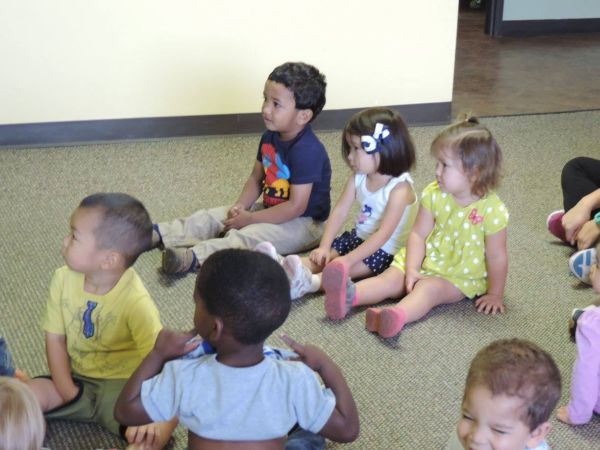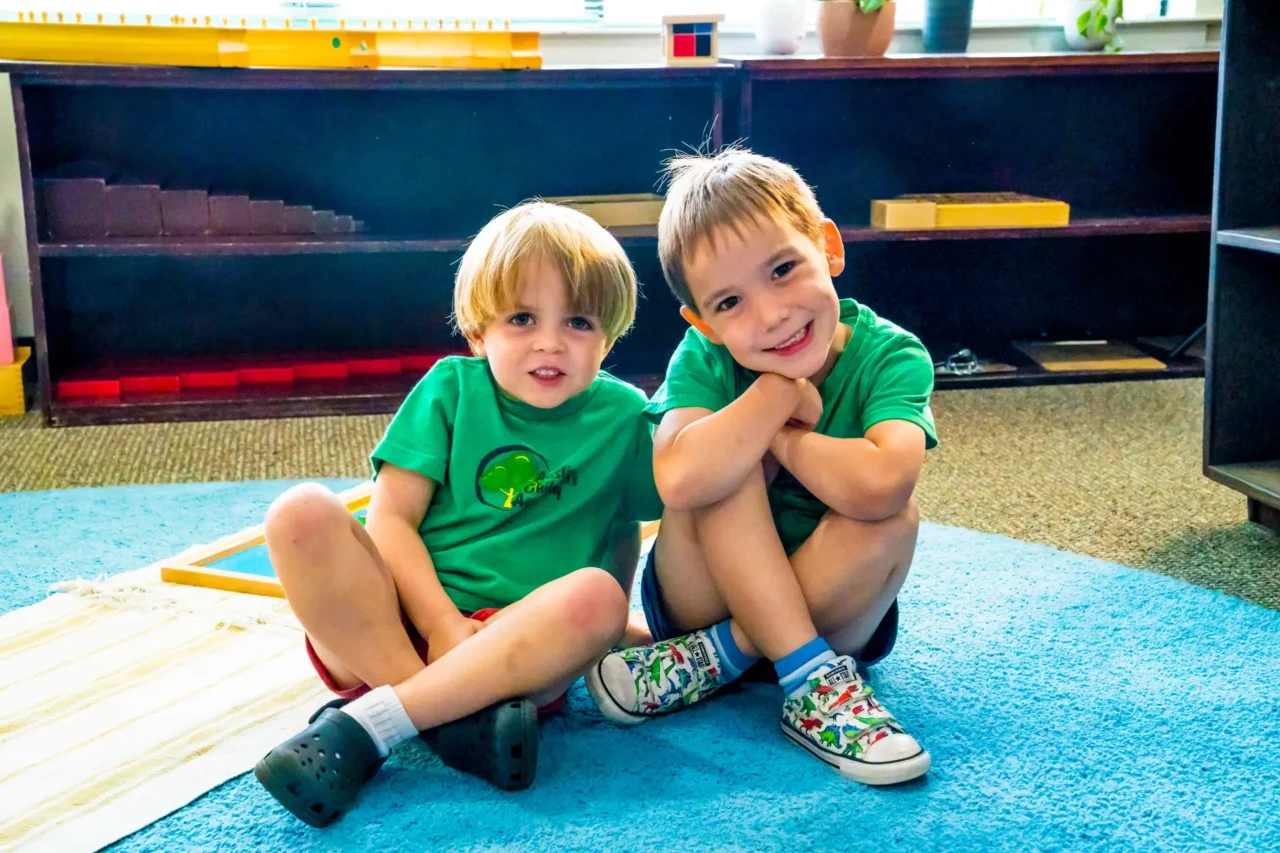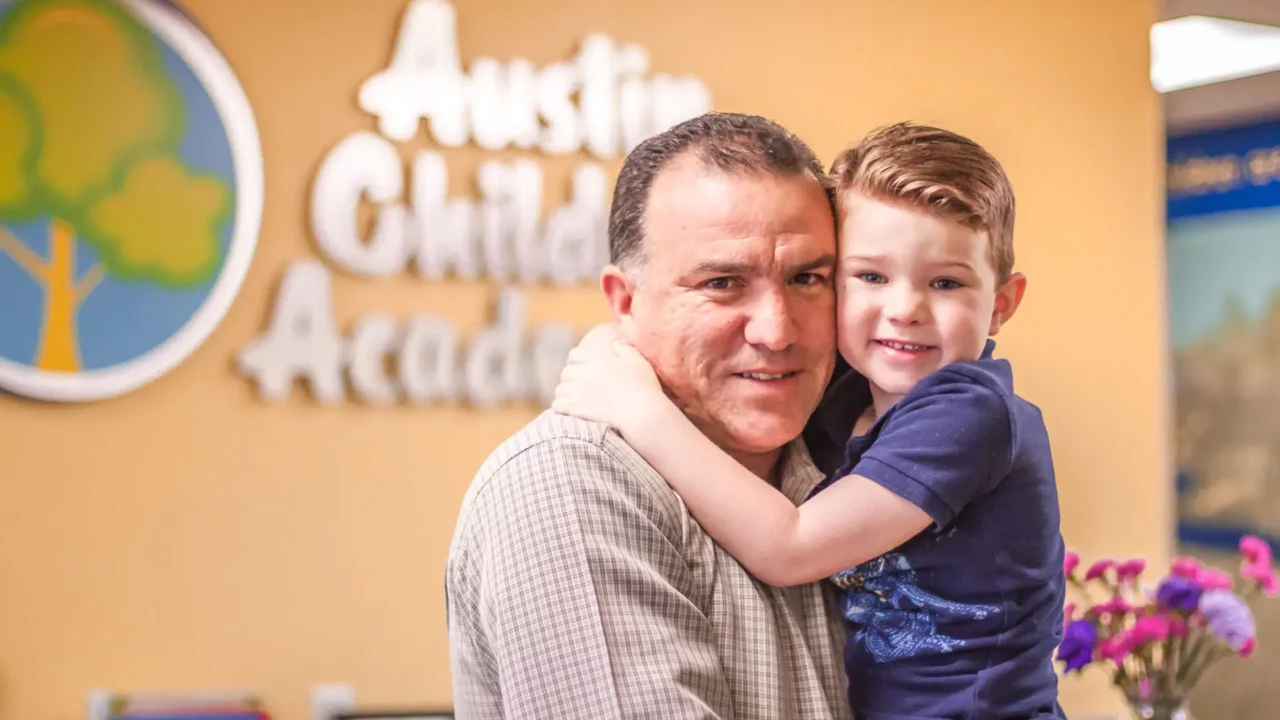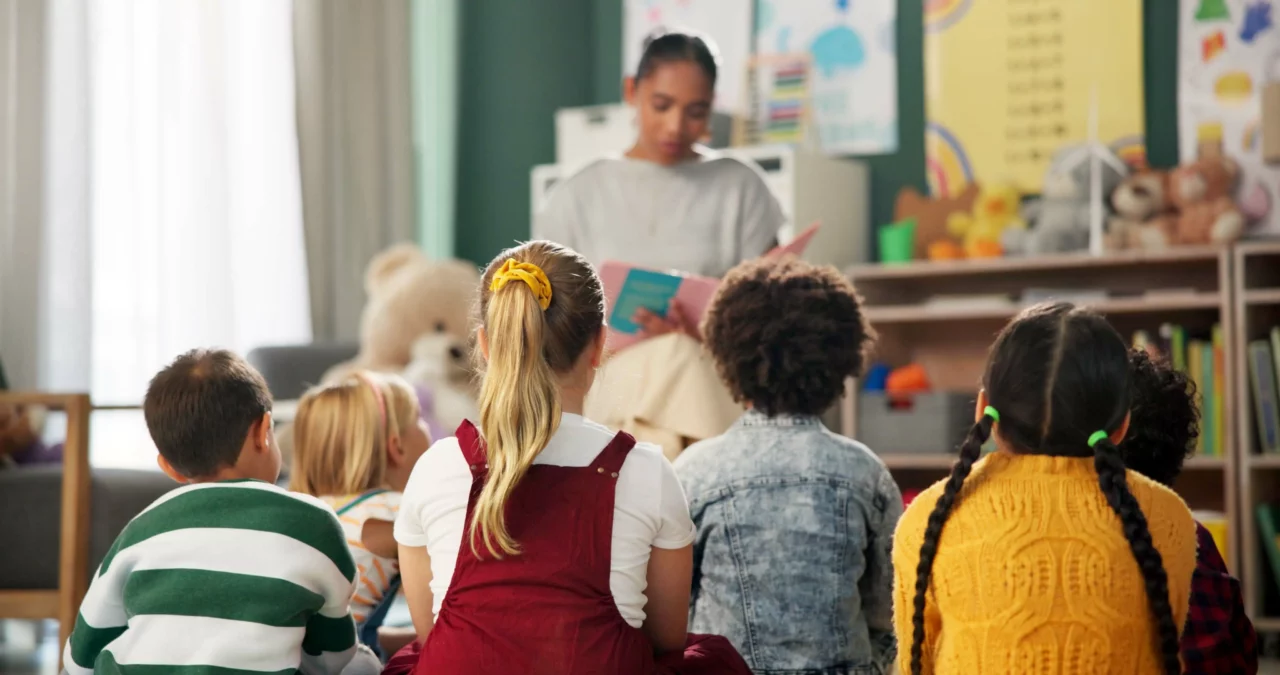
In this era of high-stakes testing and rigorous classroom rubrics, it may seem to many parents that in the effort to meet short-term goals, some educational efforts focus on academics and neglect the greater purpose of primary school education: To prepare children for a lifetime of learning.
Here are five ways the Montessori Method is committed to meeting those academic milestones while still nurturing a child’s natural curiosity.
Recognize The Uniqueness Of Every Child
Rather than forcing a rambunctious preschooler into a rigid schedule of lectures, Montessori education is based upon respecting the child’s particular interests, level of development, and learning style.
Acknowledge A Child’s Natural Curiosity
Children are born to learn. Long before their first day in preschool, they’ve taught themselves a language. They’ve also learned to crawl, walk, run, skip, and play. The Montessori Method encourages and supports this fundamental instinct and endeavors to co-opt it to the child’s academic, social, and emotional advantage.
Spot A Child’s Readiness For New Skills
Children develop skills at different rates. Some speak in full sentences before their first birthday, others not before their fourth. Small motor skills have a significant effect on how easily a child takes to handwriting. The job of Montessori trained teacher is not to force a child to learn a skill before she’s ready, but to be alert for “sensitive periods” when the skill can be seamlessly introduced.
Provide Tools For Self-Learning
Montessori schools have open classrooms filled with colorful, well-made toys specifically designed to encourage educational development. Many of these educational toys are self-correcting; that is, a child can quickly see if she hasn’t fastened the buttons correctly, or tied the laces up right. Montessori teachers are constantly watching and available for guidance. Rather than solve the problem, they offer encouragement so the child can master the skill herself.
Offer Freedom, Respect, And A True Sense Of Self-Worth
In this new millennium, fortune follows folks who are curious enough to think out-of-the-box, brave enough to take risks, and wise enough to understand that failure is just another learning opportunity. The Montessori Method encourages these qualities during the school day’s three-hour uninterrupted work period. During this “child time,” students will learn to recognize letters, tie their shoes, and fundamental math. But they’ll also learn how to get along with one another, follow their own passions, attempt new things, and figure things out for themselves.
With skills like those, Montessori students will zoom past milestones and develop educational success for a lifetime.






